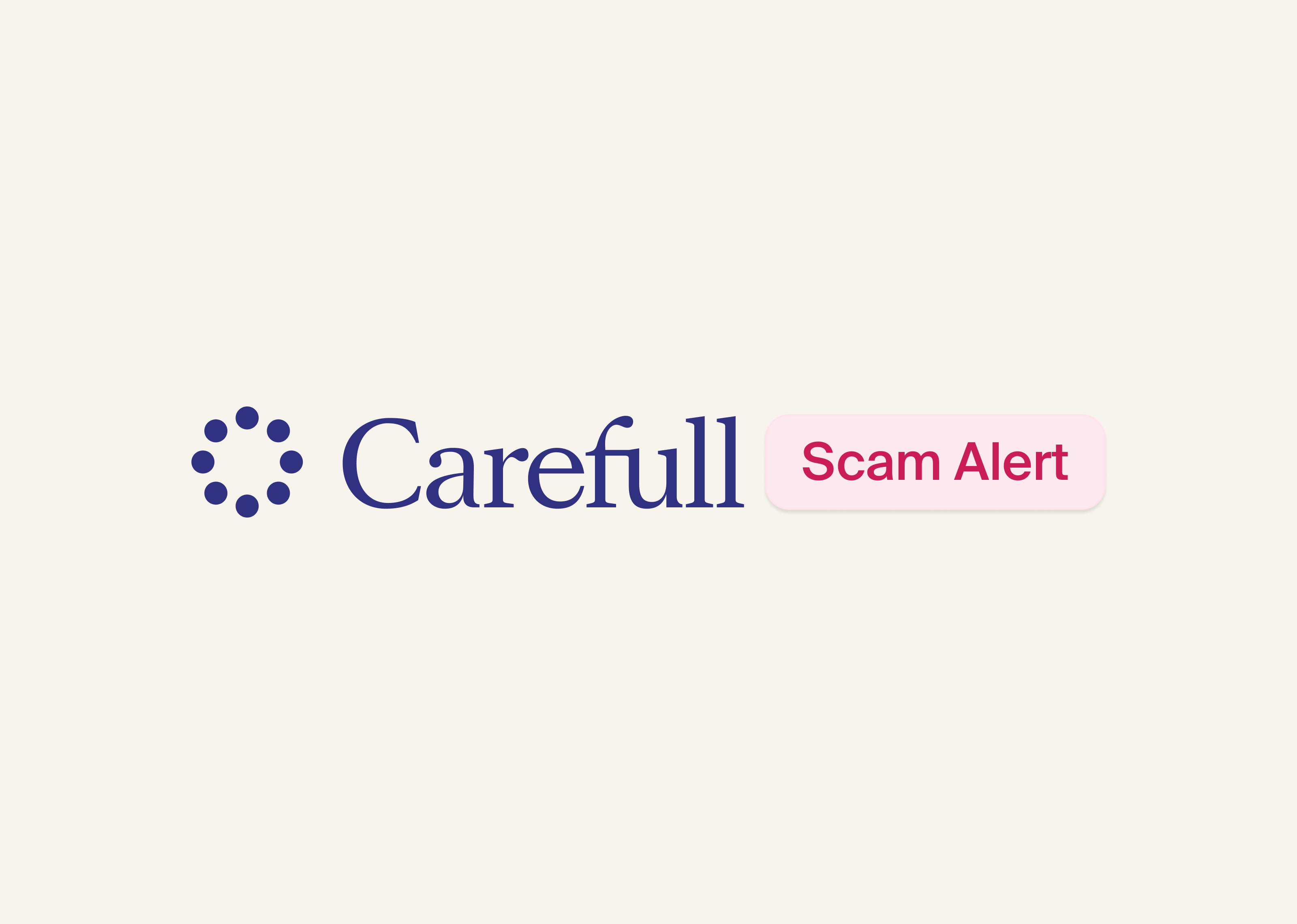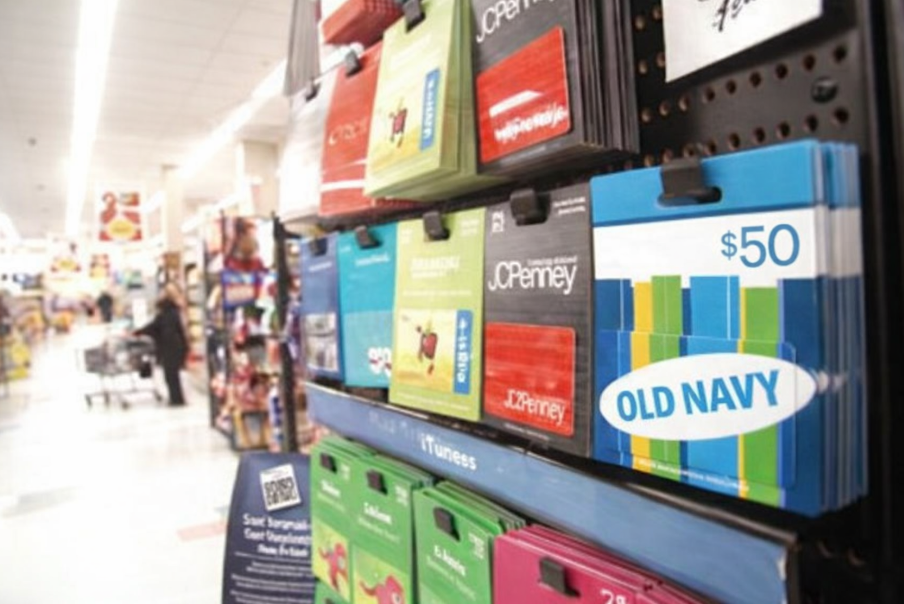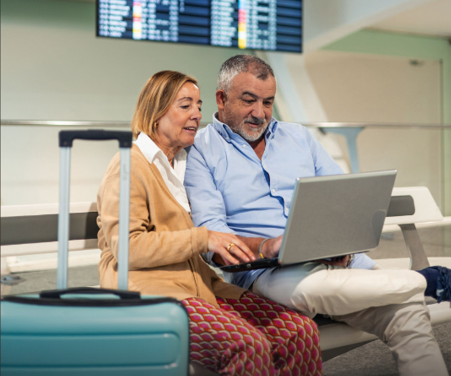Don't Fall for These Airfare Scams

With airports packed, scammers are using increased flight cancellations to their advantage with new tricks. The Better Business Bureau has seen an increase in reports about fake airline ticket booking sites. It also has received reports about scammers sending notices for fake flight cancellations and trying to lure victims into paying to book new flights.
Find out how to these scams work and what you can do to avoid them.
How the scams work
In one of the schemes, scammers create fake airline ticket booking sites with low fares. When searching online for flights, potential victims find what looks like great deals with major airlines. After booking a cheap flight, they get a call or email back from the company saying that there was a sudden price change or additional charge that needs to be paid.
According to the BBB, a legitimate airline wouldn’t do this. Not only do victims lose money on the fake tickets but also on the additional charges they’re asked to pay.
Scammers also are targeting people who have booked flights by sending them emails or text messages claiming that their flights have been canceled. When victims call the number that is provided to rebook their flights, the “airline” offers to book a new ticket for an additional charge. However, the flight actually hasn’t been canceled. It’s just a scam to get your credit card number.
[ See: What is Phishing and How to Avoid It? ]
How to avoid flight scams
The BBB recommends that you take the following steps to avoid become a victim of airfare scams.
Double check your flight details. Scammers rely on fake emails and text messages that can easily be mistaken as real correspondence from an airline. Confirm all of the information in the message (flight number, reservation number, dates, etc.) are correct before calling customer service.
Confirm the website before you enter any personal information. Online ads for low airfares could send you to impostor websites if you click on them. Review the website to see if there are any major typos or errors, as these are major red flags. Before entering any personal or payment details, double check that the URL is for the correct website and that the link is secure. A secure link will start with “HTTPS//” and have a lock icon on the actual purchase page. Learn more at BBB.org/BBBSecure.
Do your research. If you find a company you haven’t heard of before, do your research before making any purchases from it. You can look on BBB.org for reviews from previous customers or Google the company to see additional feedback.
Make online purchases with your credit card. In cases of fraud and billing errors, consumer protections for credit cards are stronger than for debit cards.
Don't provide personal information or approve additional charges over the phone. Get all of the information in writing, including receipts, confirmations and other correspondence. If you have to make any additional changes to your flight, you should contact the airline directly using the phone number provided on the airline’s website rather than relying on a phone number provided to you in an email or text message. Scammers often try to intercept customer service calls by posting fake phone numbers or email addresses.
[ Keep Reading: How to Report a Fraudulent Charge ]

3 Steps to Safer Money,
Try it Free for 30 Days
Step 1
Start your free,
no-risk trial
Step 2
Connect the accounts and cards you want protected
Step 3
Stay alerted to any
unusual activity



.png)



